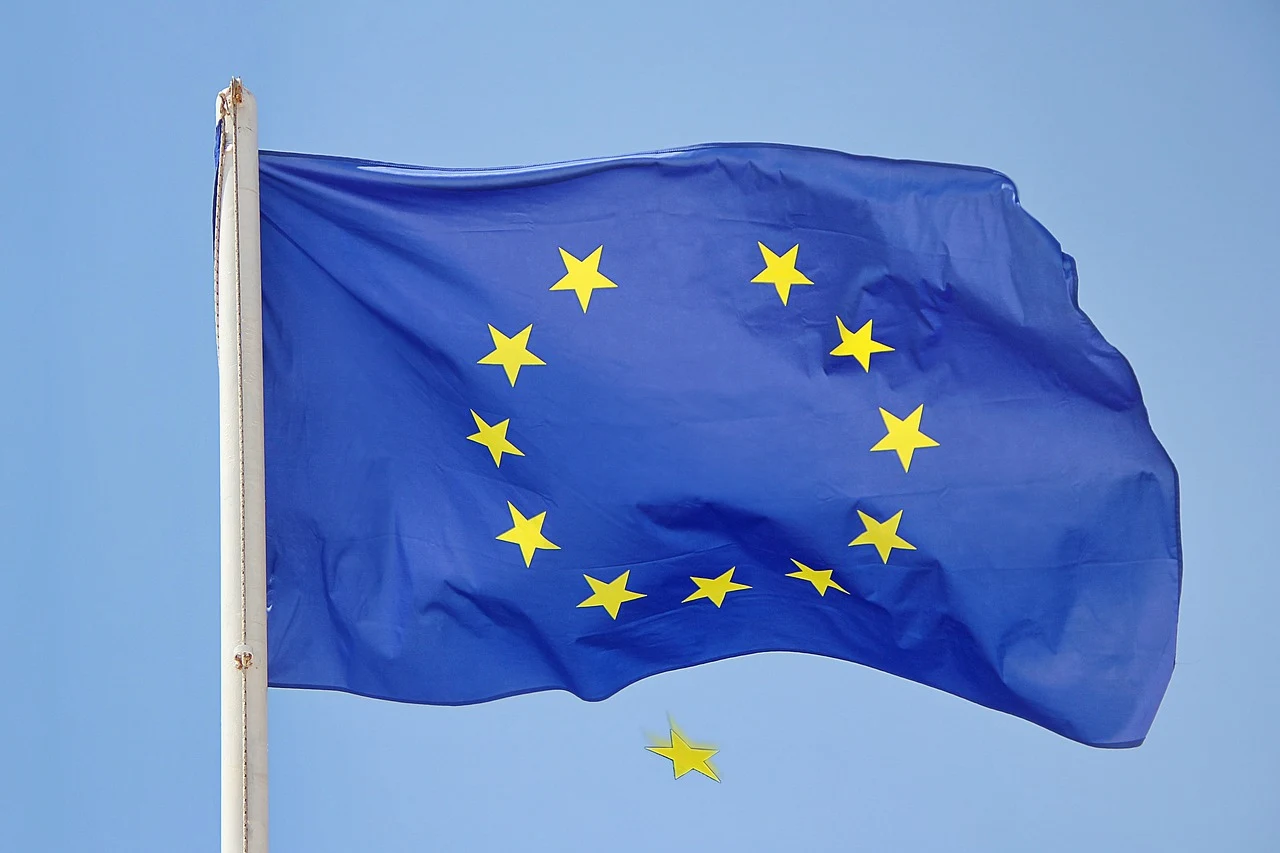
EU representatives in Brussels are discussing new sanctions against Russia, in an ongoing effort to support Ukraine and respond to the Russian invasion.
In a symbolic gesture of solidarity with Ukraine, the European Union is preparing to approve the thirteenth round of sanctions against Russia, coinciding with the second anniversary of Moscow's invasion of Ukraine, marking a milestone in its firm response to Russian aggression.
The European Union plans to approve a new round of sanctions against Russia to coincide with the second anniversary since Vladimir Putin ordered the invasion of Ukraine, in a new sign of support for Kiev as it enters the third year of conflict.
The thirteenth round of sanctions against Russia will come two years after Moscow launched its offensive against Ukraine on February 24, 2022, in what it hoped would be a quick war to overthrow Ukrainian President Volodymyr Zelensky. The EU's own High Representative for Foreign Policy, Josep Borrell, is in favor of marking the anniversary with a symbolic gesture of support for Kiev such as approving more sanctions against Russian individuals and entities responsible for the aggression in Ukraine, a senior EU official explains.
In the European capital, they emphasize that Ukraine has withstood and repelled the Russian military attack "spectacularly", highlighting that the duty of the EU is to support Kiev's efforts to repel the attack and recover territory occupied by the Russian army.
Likewise, several European sources confirm that the plans are for the new package of restrictions to see the light around February 24. "It's too early to go into details, but it's a good idea to have a package ready around the date of the second anniversary," a diplomatic delegation said.
Last year, the EU already marked the first anniversary of the invasion with the tenth round of sanctions. Then the Twenty-Seventies approved restrictions on exports of European technological elements key to the functioning of the Russian army and also began sanctioning entities from Iran for their support to Russia in the context of the war.
The EU responded to the Russian aggression against Ukraine with the largest range of sanctions ever approved by the Twenty-Seven that, in fact, has minimized commercial and political relations with Moscow.
In total, almost 2,000 people and entities linked to the attacks on the territorial integrity, sovereignty and independence of Ukraine are subject to EU sanctions, including Putin himself and his closest political, family and business circle.
These unprecedented sanctions come to redouble the bet of the Twenty-Seven against the Kremlin when in 2014 it imposed sanctions following the annexation of Crimea and the breach of the Minsk Agreements. The punitive measures also affect Belarus and Iran, two actors involved in the invasion of Ukraine.




 Founded on April 9, 2010, Diario Salto Al Día is a Uruguayan news outlet dedicated to national and international news coverage.
Founded on April 9, 2010, Diario Salto Al Día is a Uruguayan news outlet dedicated to national and international news coverage.
No comments
Post a Comment